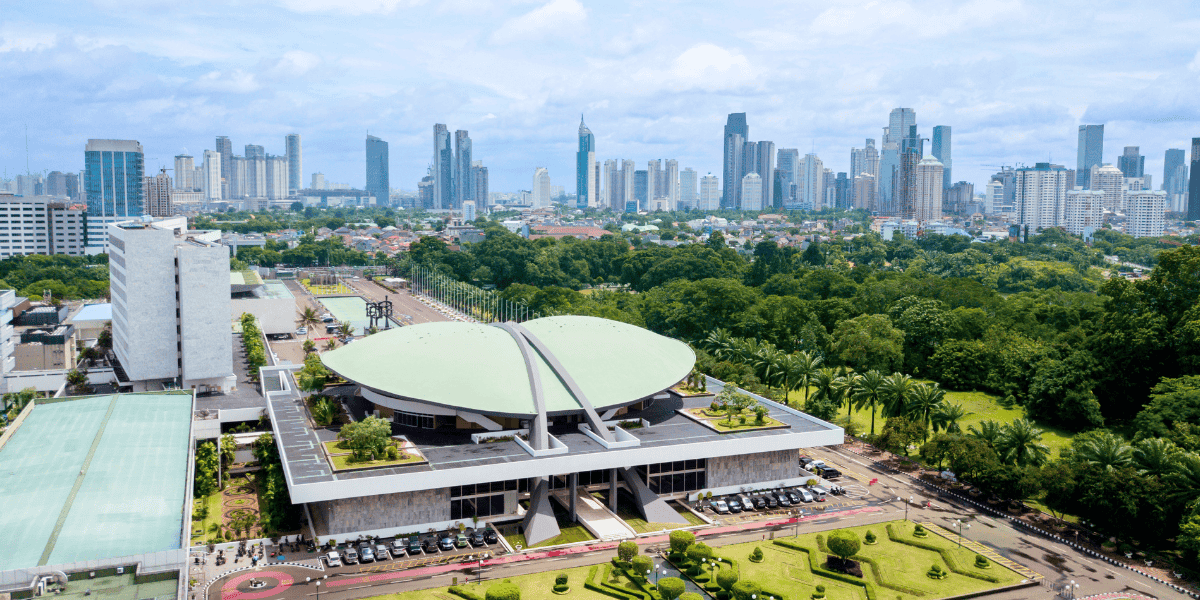On 31 May 2016 the World Bank announced the first Indonesia Fiscal Reform Development Policy Loan to strengthen revenue collection and improve the quality of spending. The financing amounting to USD 400 million is to be used to support policy and institutional reforms to improve revenue collection and spending.
The World Bank points out that Indonesia has lower ratios of revenue to GDP and tax to GDP than similar regional and emerging market peers. The revenue to GDP ratio was 13.1% in 2015 and the tax to GDP ratio was 10.8%. As a result it is estimated that Indonesia collects less than half of its potential tax revenue.
This has led to insufficient government spending at 16.9% of GDP in 2014 compared to an average ratio of 28% for middle income economies in Asia. Spending has therefore been insufficient to support development plans and inadequate budgeting for key investments has brought about an infrastructure deficit and underspending on healthcare and social assistance.
The World Bank loan is the first of a series that will support reforms to strengthen tax administration, reduce the costs of paying taxes and increase revenue potential by broadening the tax base, as well as improving spending efficiency and budget execution. This builds on fiscal reforms supported by other World Bank programs.













